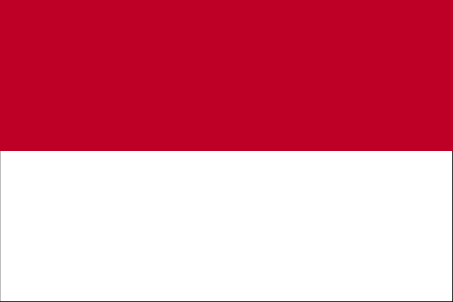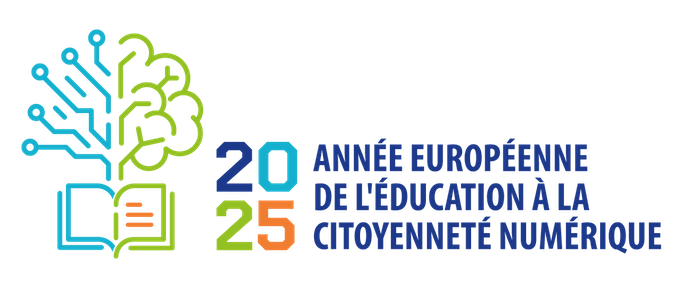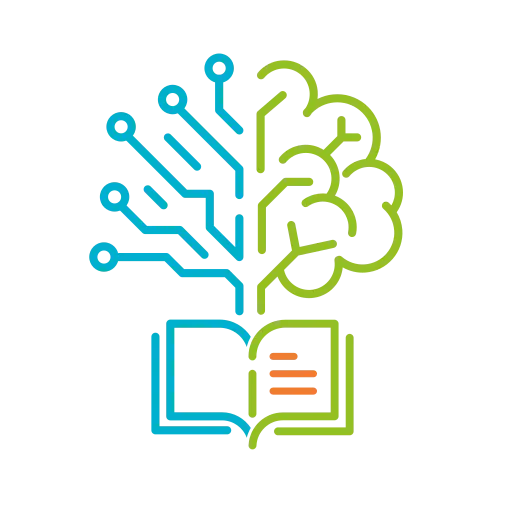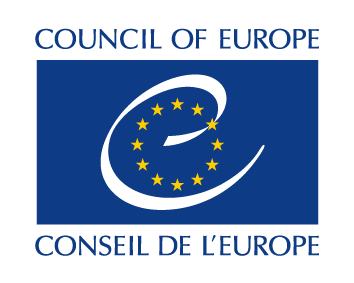- Extended Monaco (EM) is the digital strategy launched in 2019. It is a governmental strategy deployed in all sectors of the Public Administration to introduce ICT in all the aspects of government actions. According to the national authorities in the survey, while EM is indeed an essential partner and support, it cannot be considered as the initiator of any initiative in favour of a digital education policy. DCE as such is not clearly defined in the Monaco context and is not referred as such. In Monaco, DCE is implemented as part of two distinct frameworks:
- The Law n° 1.334 of the 12/07/2022 on education that sets digital education as one of the primary goals of the education system in Monaco.
- DCE is part of the Cooperation Agreement on learning between Monaco and France, which stipulates that public and private under contract schools in Monaco will follow the education programmes set by the French Ministry of Education and Youth
Country profile list

Monaco
- The annual Digital Education Forum (Assises du Numérique éducatif) is the opportunity to define, update and evaluate the portfolio of digital education projects. The 2019 forum involved more than 200 teachers from Monaco.
- The Edu Lab was created as a space for training teachers and facilitate the elaboration and implementation of digital education projects
- A project on ‘pupil journalists’ in 2019-2020 aims to make middle school pupils develop their critical thinking
- Coding classes have been introduced from pre-school to middle school, as well as initiatives to raise awareness about the time spent on screens and the fight against cyberbullying. The curriculum includes how to make a responsible use of digital services and tools, for example on content moderation, intellectual property, e-reputation, privacy.
- Regular information on safe behaviours in the digital environment are delivered in schools by NGOs such as Action Innocence.
Sources
Not applicable
- The Monaco Digital Advisory Council (MDAC) was set up in 2018 to advise the Monaco government and design its digital strategy. Led by the Minister in charge of digital transition the Council is composed of experts from the entire world, including secretaries of state, university professors, CEO of important digital companies.
- During the annual Digital Education Forum, teachers took part in workshops to propose digital education projects, some of which were then financed and implemented.
Sources
1.1 The Monaco Digital Advisory Council (MDAC) advises the Monaco government on solutions to digital challenges, help with their networks and are ambassadors of the Monaco digital transition.
1.2 The Digital Forum met once to discuss the elaboration and implementation of digital education projects (not in the scope of DCE).
1.3 Teachers are being trained at the Edu Lab where they can also co-create digital education projects.
2. Since the law n°1.513 of the 3/12/2021 on the fight against harassment and violence in school environment and its reglementary texts, a special focus has been operated against cyber bullying involving contributions of experts and specialised NGOs.
Sources
Not applicable (no DCE strategy in Monaco).
According to the national authorities responding to the survey, there are no known written frameworks. Usually the technological sector and Monaco Digital tend to impose their norms to the education world which is asked to create the content. Nevertheless, the Government of the Principality of Monaco, and more specifically the Department of Education, Youth and Sport, remain very attentive to giving digital technology for education and the appropriate use of new technologies, in learning the place it deserves, while respecting the needs of pupils and the pedagogical expectations linked to the different levels of learning
Sources
Survey with national authorities
Not applicable.
Not a member of DCE Network.
Training on DCE to teachers and other professionals:
According to the national authorities responding to the survey, initial training is not done in Monaco. DCE is part of teachers training in France.
Translation and dissemination of DCE Recommendation:
Not applicable according to the national authorities responding to the survey, since the DCE Recommandation is in the French language, which is the national official language.
Nous contacter
Service de l’Éducation
Conseil de l’Europe
Agora Building
1, Quai Jacoutot
67075 Strasbourg Cedex
France


